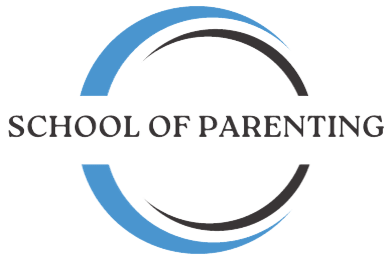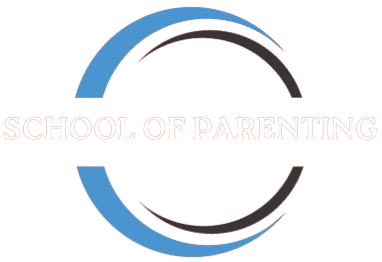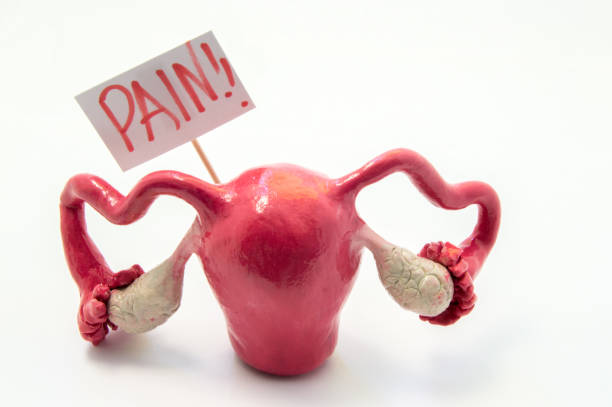Unveiling the Hidden Truths: Ectopic Pregnancy Symptoms
Introduction
Ectopic pregnancy symptoms can be misleading, often mimicking those of a regular pregnancy. It’s essential to recognize the signs early on to prevent complications. Understanding these symptoms empowers individuals to seek prompt medical intervention, ensuring both maternal and fetal health. In this detailed article, we navigate through the labyrinth of ectopic pregnancy symptoms, providing insights and guidance for those in need.
Ectopic Pregnancy Symptoms: Decoding the Signals
Ectopic pregnancy symptoms may vary from person to person, but they typically include:
Abdominal Pain
Experiencing sharp or stabbing pain in the abdomen is one of the hallmark ectopic pregnancy symptoms. This discomfort might be localized on one side or dispersed across the lower abdomen.
Vaginal Bleeding
Unusual vaginal bleeding, often lighter or heavier than normal menstruation, can indicate an ectopic pregnancy. This bleeding might occur irregularly and could be accompanied by abdominal pain.
Shoulder Pain
In some cases, ectopic pregnancies can cause shoulder pain due to the irritation of the diaphragm from internal bleeding. This referred pain may be persistent or intermittent.
Weakness or Dizziness
Feeling lightheaded, weak, or dizzy could be indicative of internal bleeding associated with an ectopic pregnancy. This symptom warrants immediate medical attention.
Rectal Pressure
Experiencing pressure in the rectal area, accompanied by abdominal discomfort, could signal an ectopic pregnancy. This sensation might be mistaken for gastrointestinal issues.
Pelvic Pain
Persistent pelvic pain, often unilateral, is a common symptom of ectopic pregnancy. This discomfort might intensify with physical activity or sudden movements.
Urinary Symptoms
Some individuals with ectopic pregnancies may experience urinary symptoms like frequent urination or difficulty emptying the bladder completely.
Gastrointestinal Symptoms
Nausea, vomiting, and diarrhea might accompany ectopic pregnancy, mimicking gastrointestinal disturbances. These symptoms can contribute to the diagnostic challenge.
Syncope
In severe cases of ectopic pregnancy, individuals may experience syncope or fainting due to internal bleeding and decreased blood flow.
Rupture Symptoms
In critical situations where the ectopic pregnancy ruptures, symptoms may escalate rapidly, including severe abdominal pain, shoulder pain, weakness, and collapse. This requires immediate emergency medical attention.
Psychological Impact
Experiencing an ectopic pregnancy can take a toll on one’s mental health. Feelings of sadness, grief, anxiety, or guilt are not uncommon and warrant emotional support.
Read More: Early Signs of Pregnancy Every Woman Should Know for a Stress-Free Journey
Reproductive Health Concerns
Ectopic pregnancies pose risks to reproductive health, including future fertility issues. Seeking counseling and support is crucial for individuals navigating these challenges.
Diagnostic Challenges
Given the varied presentation of symptoms and the potential overlap with other conditions, diagnosing an ectopic pregnancy can be challenging. Timely medical evaluation and diagnostic testing are paramount for accurate diagnosis and prompt intervention.
Frequently Asked Questions
Are ectopic pregnancy symptoms similar to regular pregnancy symptoms?
Ectopic pregnancy symptoms can mimic those of a regular pregnancy, but they often include abdominal pain and unusual bleeding, which may not be typical in a normal pregnancy.
Can ectopic pregnancy symptoms resolve on their own?
Ectopic pregnancies cannot resolve on their own and require medical intervention. Delaying treatment can lead to complications, including rupture and life-threatening bleeding.
Is ectopic pregnancy only dangerous for the mother?
While ectopic pregnancies pose significant risks to maternal health, they also endanger fetal well-being. Unfortunately, ectopic pregnancies are not viable and cannot result in a live birth.
Can hormonal contraceptives prevent ectopic pregnancies?
While hormonal contraceptives are effective in preventing pregnancy, including ectopic pregnancies, they do not eliminate the risk entirely. It’s essential to use contraception consistently and correctly to minimize the chances of ectopic pregnancy.
Are there any risk factors for ectopic pregnancy?
Yes, several risk factors increase the likelihood of ectopic pregnancy, including a history of pelvic inflammatory disease (PID), previous ectopic pregnancy, tubal surgery, and certain contraceptive methods like tubal ligation failure
When should I seek medical attention if I suspect an ectopic pregnancy?
If you experience any symptoms suggestive of ectopic pregnancy, such as severe abdominal pain, vaginal bleeding, or dizziness, seek immediate medical attention. Early diagnosis and treatment are crucial for a successful outcome.
Conclusion
In conclusion, for prompt intervention and the best possible results, it is essential to comprehend the intricacies of ectopic pregnancy symptoms. People can reduce their chance of an ectopic pregnancy by identifying the symptoms early and getting medical help right once. Never forget that protecting your health comes first, and the first step in doing so is paying attention to your body’s messages. Keep yourself well-informed, alert, and put your health first. By working together, we can overcome the challenges posed by ectopic pregnancies and work toward healthier futures.






One Comment